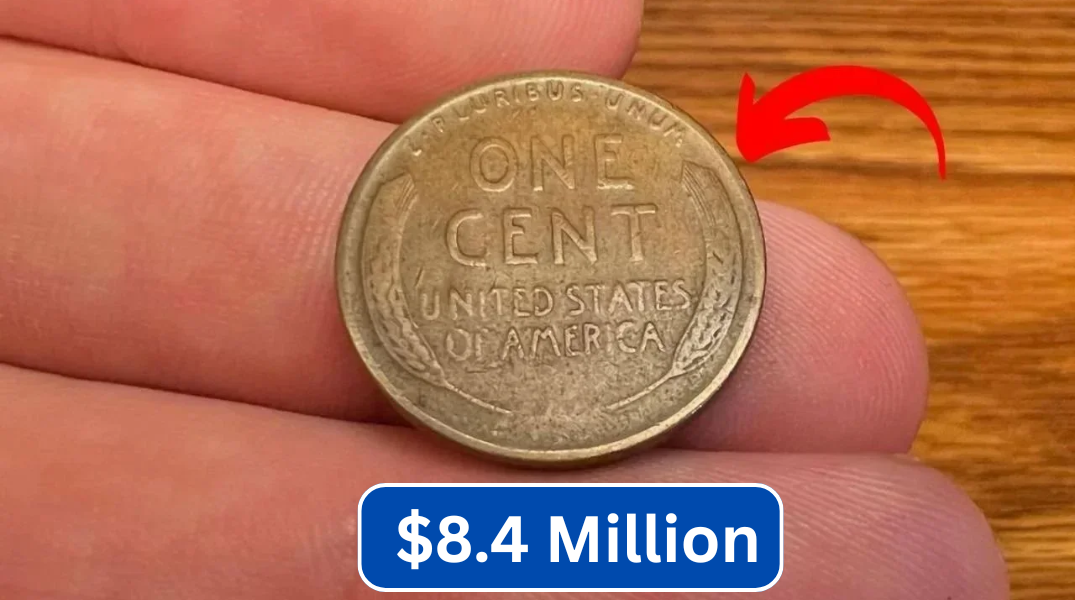Good news for 65-year-olds – While turning 65 used to be the classic milestone for retirement and Social Security, the rules surrounding benefits have shifted over time. As of 2025, age 65 no longer qualifies as Full Retirement Age (FRA), and claiming benefits at this age can result in a permanent reduction in your monthly payments.
If you’re considering applying for Social Security at age 65, it’s important to understand how your benefits could be affected, and whether waiting might be the smarter move for your long-term financial health.
Understanding Full Retirement Age in 2025
Full Retirement Age varies based on the year you were born:
-
If you were born in 1959, your FRA is 66 years and 10 months.
-
If you were born in 1960 or later, your FRA is 67 years.
Filing for Social Security at 65 in 2025 means accepting reduced monthly benefits for the rest of your life. The reduction looks like this:
| Birth Year | Full Retirement Age | Reduction If Filing at 65 |
|---|---|---|
| 1959 | 66 years, 10 months | Approx. 13.33% |
| 1960+ | 67 years | Approx. 13.87% |
This reduction isn’t temporary. Once you accept benefits early, the lower amount becomes permanent.
Comparing Maximum and Average Benefits
While the maximum monthly Social Security benefit in July 2025 is $5,108, most retirees won’t receive anywhere near that amount. To qualify for the max benefit, a retiree must:
-
Delay claiming until age 70
-
Work for at least 35 years
-
Earn the maximum taxable wage every year
For the average American retiree at age 65, the figures look much different:
| Recipient Type | Avg. Monthly Benefit (as of Dec. 2024) |
|---|---|
| All (Age 65) | $1,711.00 |
| Men (Age 65) | $1,784.78 |
| Women (Age 65) | $1,452.55 |
These figures reflect a variety of factors, including gender pay gaps, career interruptions, and lower lifetime earnings—particularly for women.
When Will You Get Paid in July 2025?
For those receiving benefits post-April 30, 1997, your payment date is tied to your birthdate, not your age. Here’s when your check will arrive in July:
| Birthday Range | Payment Date (July 2025) |
|---|---|
| 1st–10th | Wednesday, July 9 |
| 11th–20th | Wednesday, July 16 |
| 21st–31st | Wednesday, July 23 |
Important Notes:
-
Paper checks are being phased out—direct deposit is now required.
-
If your payment doesn’t arrive on time, wait at least 3 business days before contacting the SSA.
-
Double-check with your bank first, as delays can sometimes be on the receiving end.
Should You File at 65?
Claiming benefits at age 65 may be the right move if:
-
You’re retiring early and need income immediately
-
You have health concerns and don’t expect to live into your 80s
-
You lack other retirement savings
But delaying has clear advantages:
-
Benefits increase about 8% for each year you wait beyond FRA, up to age 70
-
If you live a long life, you’ll receive significantly more over time
Pro tip: Even delaying just six months can result in a noticeable boost in monthly benefits.
Something Interesting: The Longevity Factor
Many retirees underestimate their lifespan. A 65-year-old today has a good chance of living into their mid-80s or beyond. According to the Social Security Administration:
-
A 65-year-old man can expect to live to 84.1
-
A 65-year-old woman can expect to live to 86.6
If you delay claiming benefits, the increased monthly income can be especially valuable during your later years, when healthcare and living expenses often rise.
FAQs
Q1: Is 65 still considered retirement age?
A: Not for Social Security purposes. While Medicare eligibility starts at 65, your Full Retirement Age for Social Security is now 66 and 10 months (if born in 1959) or 67 (if born in 1960 or later).
Q2: Can I work while collecting Social Security at age 65?
A: Yes, but if you’re under FRA, your benefits may be temporarily reduced if you earn above the annual limit ($22,320 in 2025). Once you reach FRA, there’s no penalty for working while collecting benefits.
Q3: How much more can I get by waiting until age 70?
A: Delaying from 65 to 70 can boost your benefit by as much as 43% or more, depending on your FRA and initial benefit amount.
Q4: What if I already filed but regret it?
A: You can withdraw your application within 12 months of filing, but you must repay all the benefits you received. This gives you a second chance to delay and claim later for a higher amount.
Final Thoughts
Filing for Social Security at 65 in 2025 isn’t necessarily wrong—but it’s not a one-size-fits-all decision. Carefully weigh your health, income needs, and life expectancy before locking in a lower monthly benefit. A little patience could result in a bigger payout down the road.
Remember: Understanding your Social Security options now can help you make smarter financial decisions for the years ahead.









